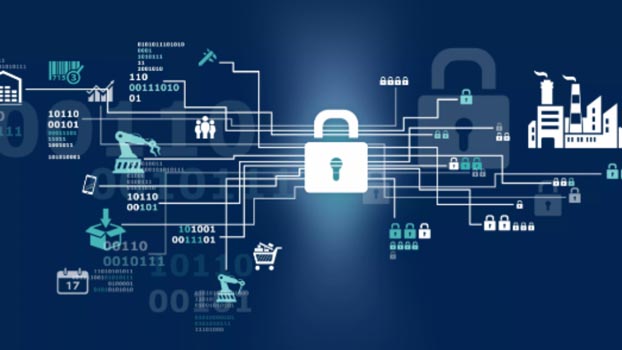Homegrown software a must to tackle cyber risks
Experts suggest using locally-made software in financial instts, other organisations

Country-made high tech software will have to be installed at all government and private organisations and financial institutions, and especially at the Bangladesh Bank, to thwart cyber risks that pose a serious threat.
The risk of cyber attacks is increasing in the country's banking sector as most of the banks have been using software of foreign companies.
As a result, the information of public-private banks is going into the hands of foreigners, which is a big threat to the banking sector.
Market analysts said the entire banking sector could face a catastrophic digital disaster at any time if it is not warned about this now.
As cybercrime is an emerging threat and no one is fully secure these days, emphasis should be given on how we can control cybercrimes with continuous monitoring, and act accordingly.
It is now not only up to the organisations, but also the state, to prioritise the country’s cyber security needs.
In this regard, the government should formulate and implement the right policies and cyber laws that will make online transactions a safer choice for customers, experts said.
Also there is a need to deploy special cyber security watchdogs and equip them with advanced technology, they added.
Bangladesh Institute of Bank Management (BIBM) conducted several researches on the cyber security of banks in Bangladesh, with one of its researches revealing that 52 percent of the banks are at a high risk of cyber crime.
Another BIBM research found that 80 percent of banks in the country do not have relevant staff members skilled and efficient enough to deal with any such attack.
Only 4 percent of banks have employees with excellent knowledge about IT and cyber security systems, found another BIBM study which also revealed that half the employees of the banks are unaware of cyber security.
The research found that 28 percent of the officials in the banking sector are very ignorant about cyber security, and 22 percent are ignorant about IT security while 20 percent of officials have poor knowledge.
Experts said the questions are how secure the country's public-private banking system is to prevent cyber attacks, whether banks are capable of preventing malware (virus) infiltration or hacking, where the vulnerabilities are, and how to make online banking secure.
ICT and Telecom Minister Mustafa Jabbar said, “The foreign software dependence of the banks is a big risk for the sector.”
Banks should use domestic software, he said adding, “When banks use foreign software, it can be assumed that our bank data goes into the hands of foreigners.”
“This is our primary weakness. If we can't get out of these horrible activities, the banking sector will be in more and more risk day by day, he mentioned.
Salehuddin Ahmed, former governor of Bangladesh Bank, told Bangladesh Post, “The main problem in the country is that skilled manpower is not recruited as required in the IT sector.”
Most of the banks do not want to spend much money on cyber security, he said adding, “Banks have huge budgets in various sectors including for expensive cars and office decoration, but there is no budget on cyber security.”
He said as many local people as possible should be recruited in the cyber security sector.
“Foreigners can come, but it is difficult to rely on foreigners for security purposes as they can know different source codes by developing software, though banks may change these source codes later,” he mentioned.
Syed Mahbubur Rahman, former chairman of the Association of Bankers Bangladesh (ABB) and managing director of Mutual Trust Bank, said, “We have to take necessary steps to ensure cyber security on our own.”
In particular, the central bank has asked banks to install next-generation firewall software in cyber security, but most banks have not yet done so, he mentioned.
“So we have to increase the capacity of banks in this regard. And in order to increase the capacity, the management or the board has to be willing to spend,” he added.
Rahman said, “While many countries are moving away from cashless transactions, a few banks have closed ATM booths and restricted transactions due to a malware created by the Beagle Boys, a North Korean hacker group.”
“If the banks do not follow the policies and skilled manpower required to keep the system updated for safe transactions, the question of common people may come up with money laundering through hacking in the future and if so, who will be responsible for it,” he queried.




